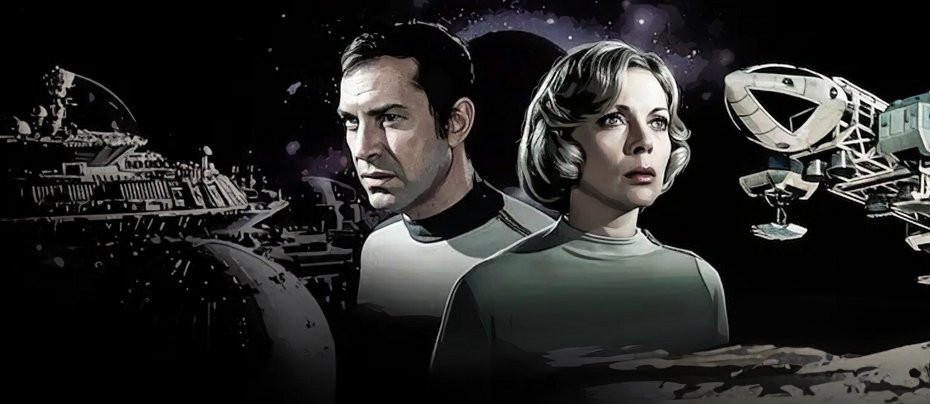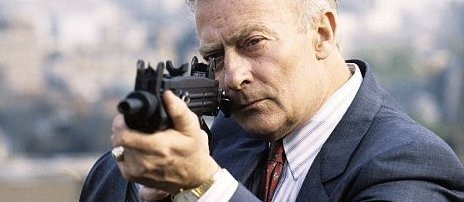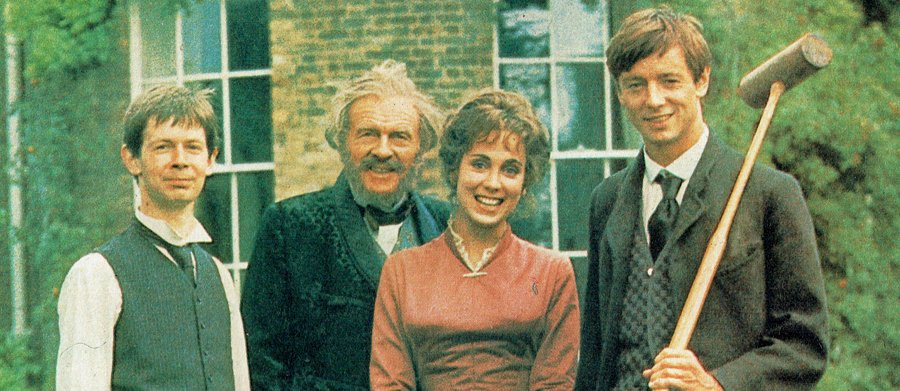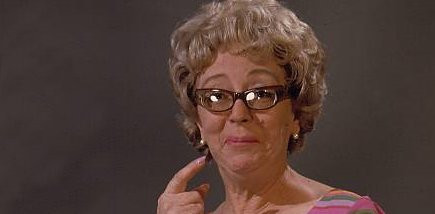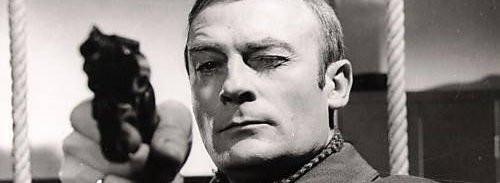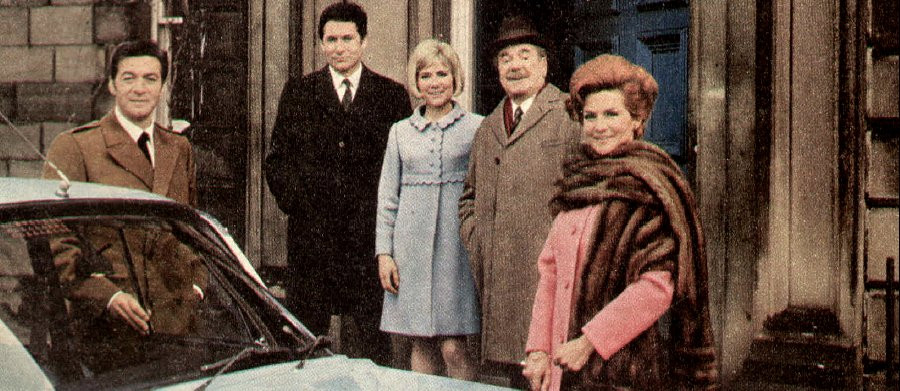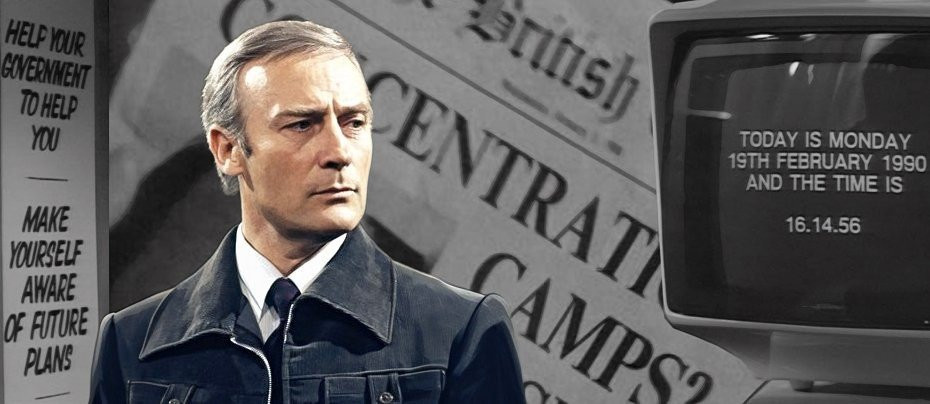
1990
1977 - United Kingdom1990 is set in a bleak, authoritarian version of Britain, where a powerful government body known as the Public Control Department (PCD), part of the Home Office, exercises tight control over society, stripping away individual freedoms. This bureaucracy, ruthless in its methods, enforces harsh regulations that deeply infringe on civil liberties.
Created by Wilfred Greatorex and often described as "Nineteen Eighty-Four plus six," 1990 features Edward Woodward as Jim Kyle, a rebellious journalist standing against this regime. Robert Lang (Emergency-Ward 10) portrays Herbert Skardon, the strict leader of the PCD, with Barbara Kellerman (The Lion, The Witch and The Wardrobe) as his ambitious deputy, Delly Lomas. Other notable cast members include John Savident (Coronation Street), Yvonne Mitchell (in her final acting role), Lisa Harrow (Kavanagh QC), Tony Doyle (Ballykissangel), Michael Napier Brown, and Clive Swift (Keeping Up Appearances).
The show ran for two seasons of eight episodes each, airing on BBC Two in 1977 and 1978. It wasn’t repeated on television, but a DVD release came out in 2017. Additionally, two novels adapted from the series' scripts were published, offering fans more insight into the dystopian world Greatorex created.
Greatorex’s creation draws on his earlier work, including The Plane Makers and The Power Game, which explored power dynamics in the business world. His knack for dissecting hierarchical structures translates into 1990, with its grim look at a bureaucracy that has extended its reach into every aspect of life.
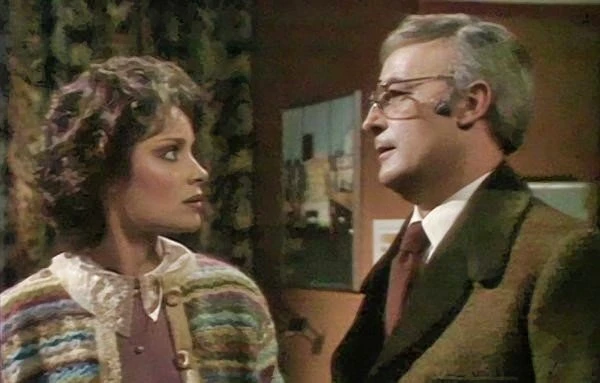
In the series, Jim Kyle (Woodward), working for one of the last independent newspapers, covertly fights against the PCD’s oppressive rule. Skardon relentlessly pursues him, hoping to expose Kyle’s resistance efforts. Kyle's journey is complicated by Lomas who has a complicated, ambiguous relationship with him, and Henry Tasker (Clifton Jones), another high-ranking PCD official. In the second season, Lomas and Tasker are replaced by Lynn Blake (Harrow), who shares a past romantic relationship with Kyle. Kyle also has allies like Dave Brett (Tony Doyle), an import/export agent, and "Faceless" (Paul Hardwick), a shadowy government insider who occasionally feeds him crucial information. The PCD’s authority is underpinned by Home Secretary Dan Mellor (Savident), later replaced by Kate Smith (Mitchell), a shift that Kyle is partly responsible for.
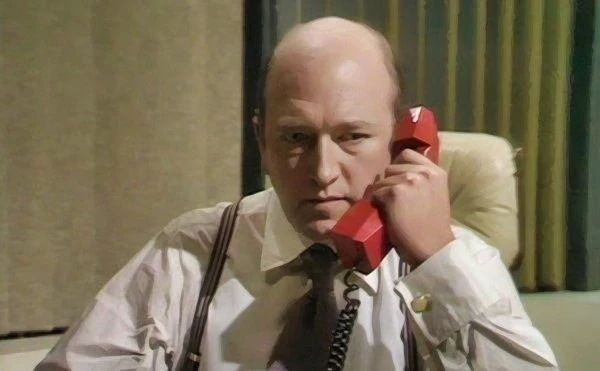
The series gradually unveils its dystopian backdrop through scattered details. A financial collapse in 1981 led to martial law and a rigged election with only 20% voter turnout. This economic disaster forced the PCD to ration resources according to a citizen’s "LifeScore," with government officials and union leaders holding the highest ranks. Import/export agents, however, have more freedom due to their economic significance. The House of Lords was dissolved, becoming an elite dining club, and private wealth has been nearly wiped out. The male monarch, who took over after the death of Queen Elizabeth II, remains a shadowy figure, never named.
Britain’s currency, the Anglodollar, replaced the pound after inflation made it worthless, and international trade all but disappeared. The country’s military, once a global force, is reduced to a modest internal security unit. Even National Service is reinstated, conscripting young citizens into the government’s service. The regime avoids overt violence, instead using psychiatric facilities where electro-shock therapy erases dissenters' memories, turning them into compliant citizens. Other criminals, sentenced to brief terms, are subjected to a brutal treatment, force-fed "misery pills" that induces severe and permanent depression and agony. Meanwhile, non-citizens—those stripped of all rights—are denied access to basic necessities, living as societal outcasts. The government faces a constant drain of skilled workers, as professionals try to flee the country despite PCD efforts to monitor emigration, whilst Labour is tightly controlled through a mandatory union system, and finding a second job is illegal. Those who resist are subject to rigged trials in Ombudsman's Courts.
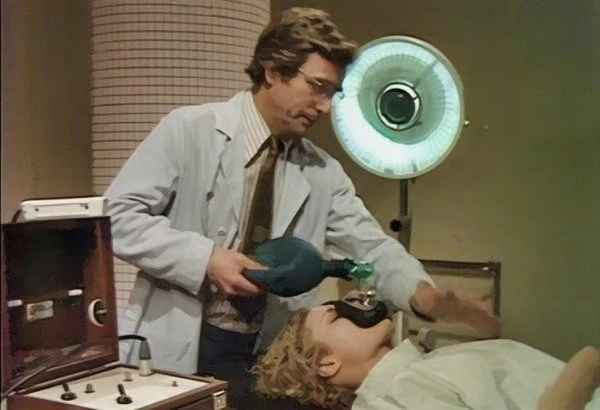
Wilfred Greatorex's disturbing vision of what British life might have been like thirteen years into the future: a bureaucracy run riot, top heavy with administrators, all controlling your every step, was described by the series star, Edward Woodward, as “a bit far-fetched. Then I would pick up a newspaper and read some ordinary item of day-to-day life - and there it all was already. Red-tape, the VAT man, forms, identification. It's much more frightening than 1984 because it's closer to us than Orwell's book was to his own generation. It's really just around the corner. I mean, just think how difficult it is to find who's responsible for things nowadays". But, ironically, he told the Radio Times in 1977 that the series wasn’t about politics.
"It's about how the majority of people have become non-productive administrators to the administration,” he said. “Parliament is just a cipher - it's irrelevant which party is in power. The great thing for all of us while we were doing it was to keep a political balance. That was vital for the feasibility of the message. It's no good slamming the unions, inefficiency, or the corruption of big business. You've really got to say," turning Shakespearian for a second, "a plague o' both your houses…".
The series gave Edward Woodward the opportunity to build on the strengths he demonstrated in his earlier acclaimed role in Callan, allowing him to take his portrayal even further. As Jim Kyle, Woodward brings his character to life with remarkable depth, strong convictions, and a wide emotional range, showcasing his talent in a more expansive way.
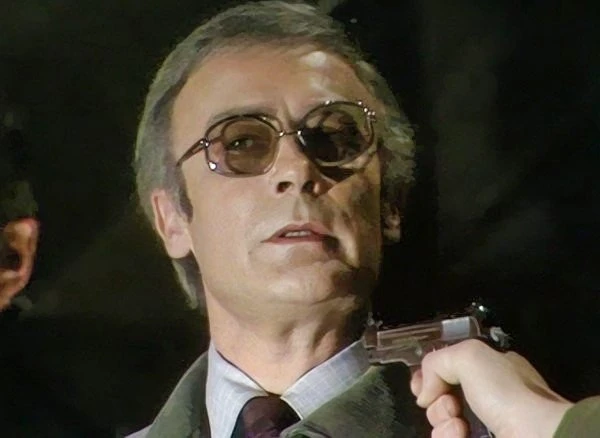
"Any part that I play that is (a) a worried man, (b) a tough man, and (c) jelly underneath, must be compared to Callan. But there will be a comparison only because it's the nearest character to Callan that I've played. You see I've made a great effort not to get typecast. That's why I only did forty-two Callans in six years. The rest of my time I devoted to working in the theatre, making records. All the same, Kyle was a difficult part because I had to keep telling myself not to play against what Wilf had written just because it's like another character I've played. But when you've got a script that's really well-written, nine times out of ten the character leaps off the page at you. A good script makes all the difference. It's why an actor decides to do it. It's what gives you the love of the work. It's why you say you can't go away on holiday".
Seen this show? How do you rate it?
Seen this show? How do you rate it?
Published on September 11th, 2024. Written by Laurence Marcus for Television Heaven.





